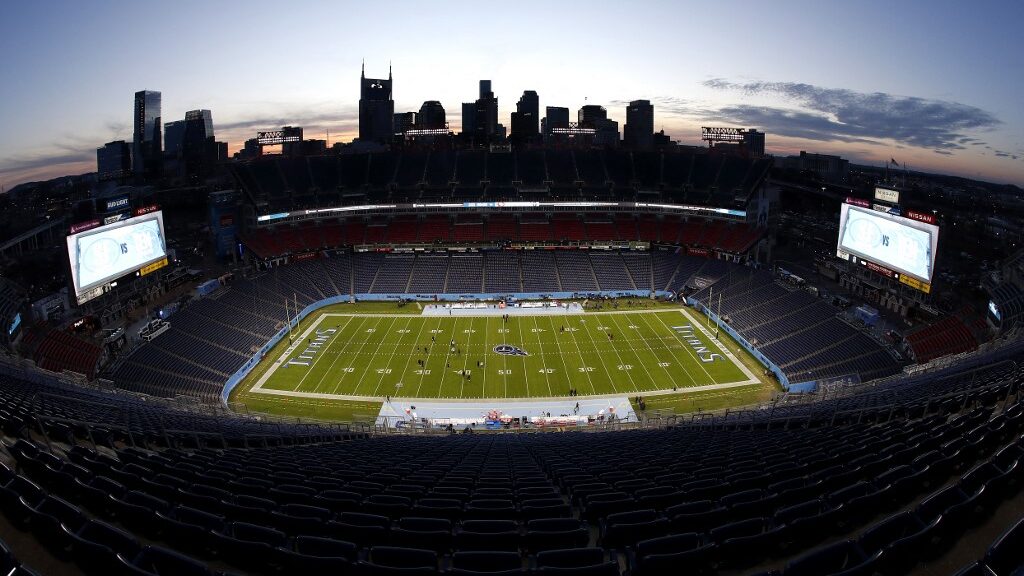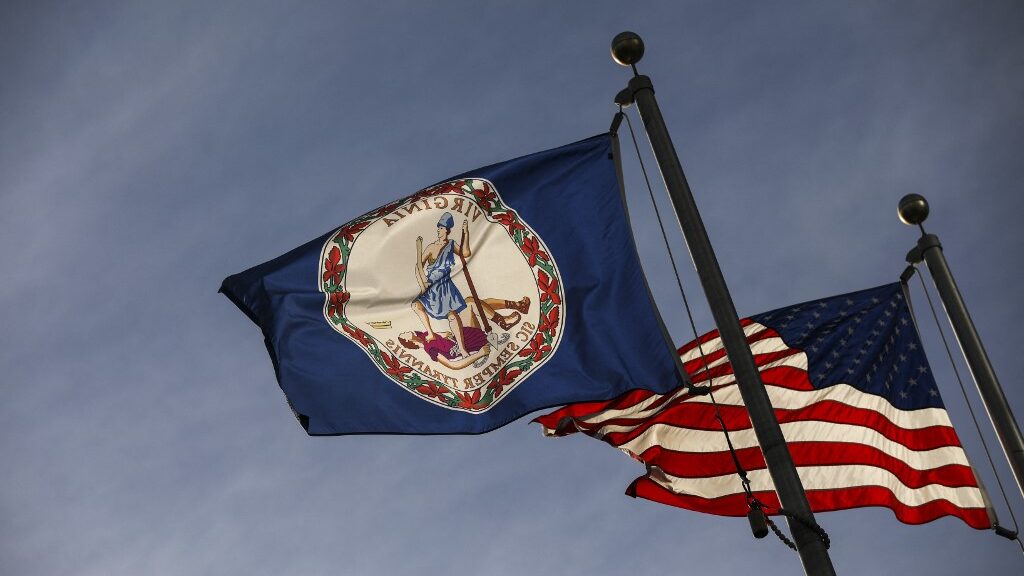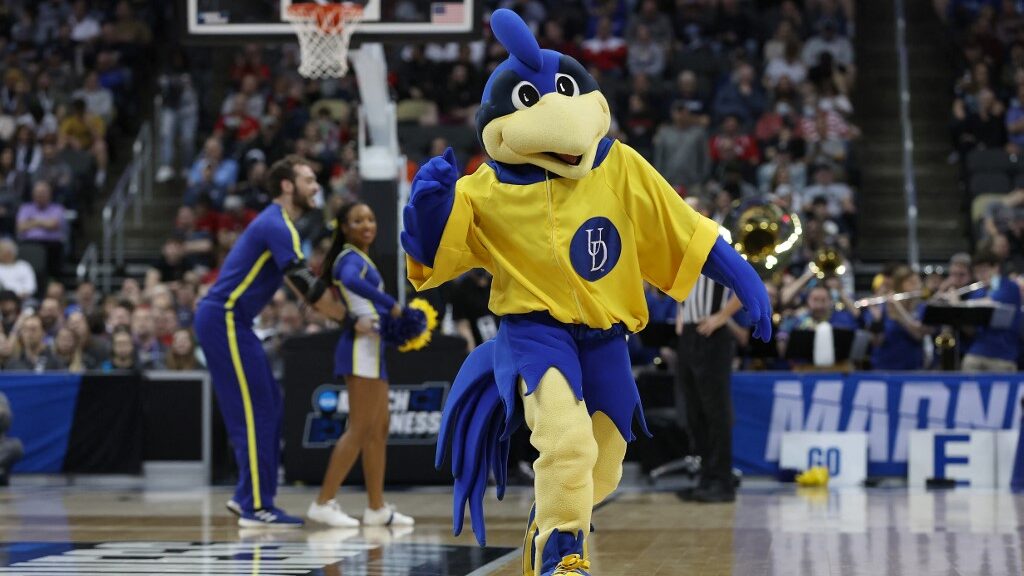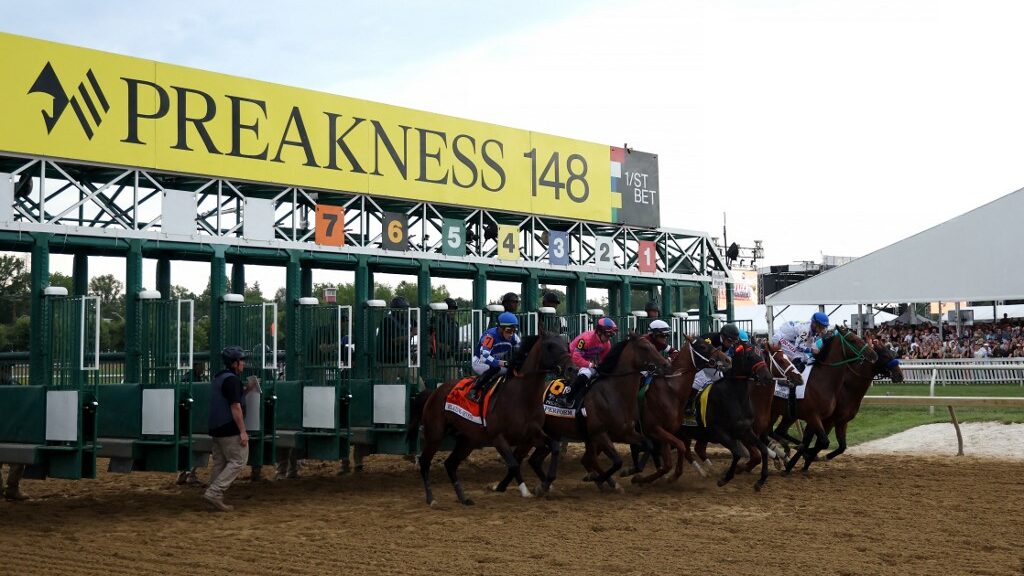
Sports betting in Tennessee could undergo some changes soon. Mandating a hold or win rate for online sportsbooks is a bit unusual but Tennessee may be doing away with it, and instead, charging a tax on the overall amount of wagers placed, also known as the handle.
Doing Things Differently
Mandating a hold rate is an odd way to do business but that’s the way the authority governing the sportsbooks framed it in its regulations, for better or for worse. The 10% hold rate that the state mandates essentially tells the online sportsbooks that they must win 10% or more of the betting action they take. Why not 20% or 30% as long as we’re tossing out numbers?
The sportsbooks can only offer bets, they can’t force their customers to take the losing side. Normally, the public does that all on their own but the national hold rate for online sportsbooks in the United States is approximately 7%. The only way a sportsbook can up its hold rate is to make the odds more advantageous to them.
For instance, a -110 vig on either side is standard. If the Patriots are -3 over the Jets then those who bet on the Pats -3 pay $110 to win $100. Those who bet on the Jets +3 pay $110 to $100. Assuming the bookie does everything right and gets the identical amount of money wagered on each side – virtually impossible but the closer they come the better – then they would net a $10 profit because the loser would pay $110 to the bookie who would take $100 of that amount and pay the winner leaving the book with a $10 profit.
But a hold rate of 10% on a total of $220 wagered would mean the books would have to make $22 on that game to meet Tennessee’s threshold. This is why most states tax online sportsbooks on their revenue because the bookies are the experts and if one month the public does well, then so be it, but if the books win big in another month then better for everyone, including the state.
How Can Books Improve Their Hold Rate?
The only way the books can improve their hold rate is by turning customers off. And they can do this in several ways, but an example is charging each side -120 vig instead of the standard -110 or they could deal with uneven point spreads like the favorite laying -4 while the underdog gets +3 with a -120 vig on each, robbing the customer on the point spread and the vigorish.
Sure, that will improve the hold rate but the handle will decrease significantly because who would want to bet at a place with those odds? People understand there are other options like offshore sites or even local bookies to give them real odds at a fair price. The states would be cutting their nose to spite their face.
Will the Hold Go Away?
Mandating a hold rate is the kind of nonsense that happens when bureaucrats try to reinvent the wheel without having the requisite experience to implement truly innovative ways of doing things right. In case you want to know exactly who to blame, the hold rate wasn’t etched in Tennessee’s sports betting law but rather it was established in the regulations set forth by the Tennessee Education Lottery.
The House bill looking to change all of this is HB 1362 which would eliminate the 10% hold rule and mandate that online sportsbook operators pay a monthly tax of 1.85% of the handle. The Tennessee Senate has its own version, SB 475, that would tax the handle at 2%. Tennessee sportsbooks are currently taxed at 20% on revenue, not handle, a very important distinction, and must pay a $25,000 fine if they don’t meet the 10% hold threshold.
The mathematical gymnastics being played are done only to wring more money out of the sportsbooks. However, there is a fine line between getting the best deal and diminishing the financial incentive for the books to operate or shooing customers away due to a deleterious sports betting environment.
We will see how it all plays out but Tennessee would be better off simply duplicating the blueprints that work in other states rather than trying to be cute and biting the hand that feeds them.
*Bookmakers Review will continue to monitor this story and update our readers as events unfold.

















